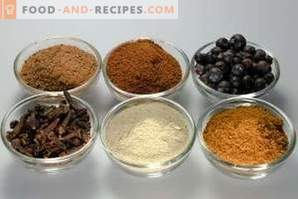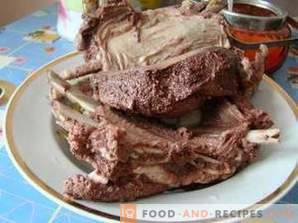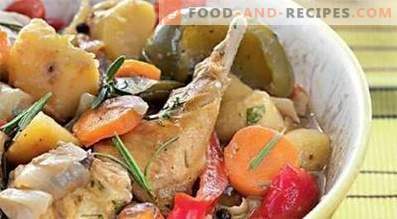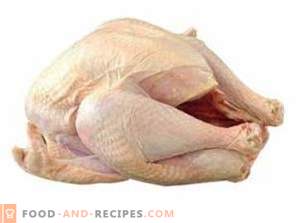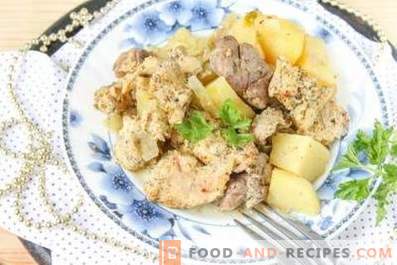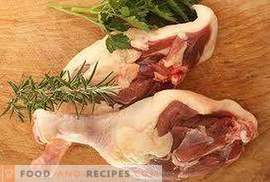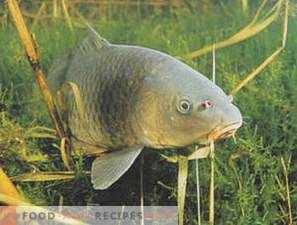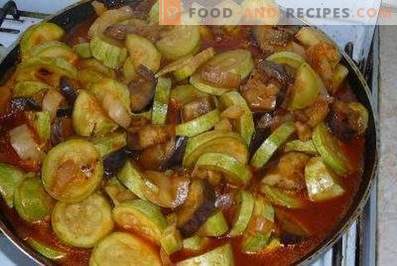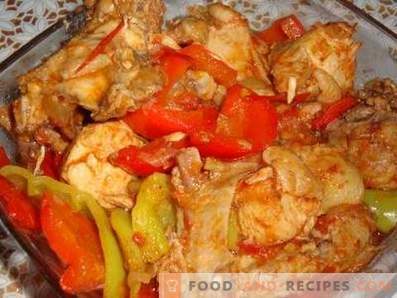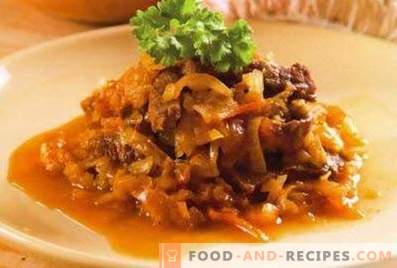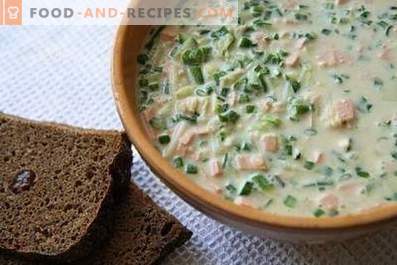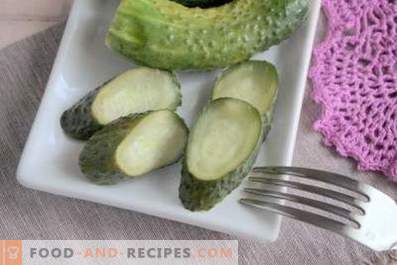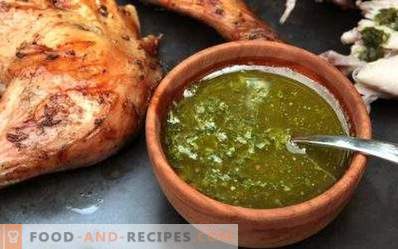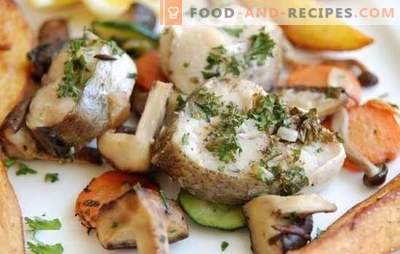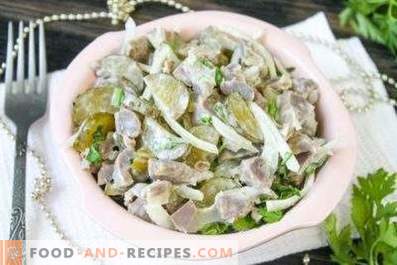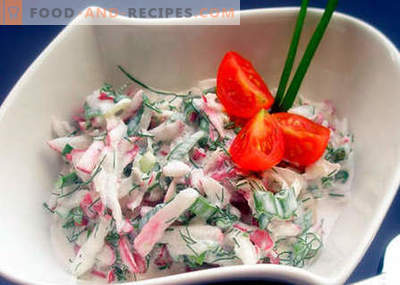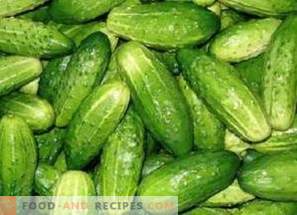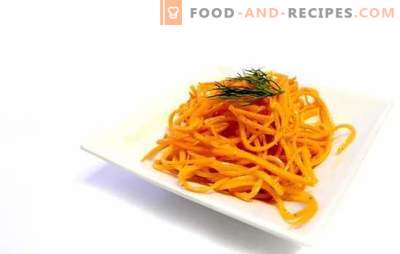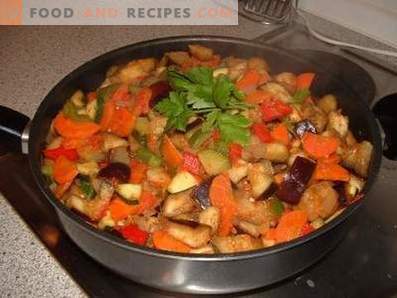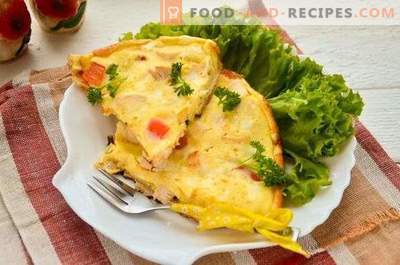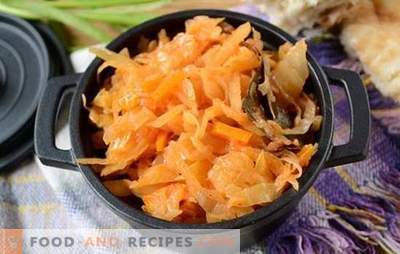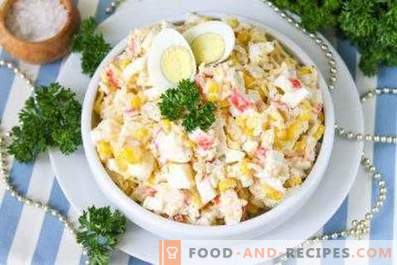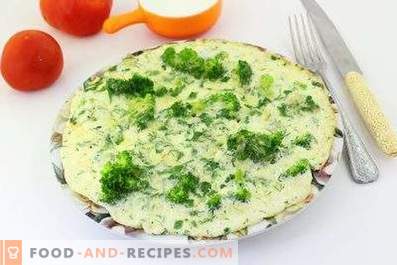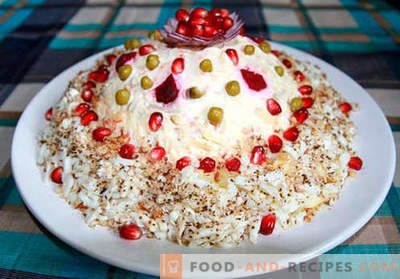
Rabbit meat is meat produced by slaughtering wild and domestic rabbits. Dishes prepared on its basis are considered delicacies in most countries of the world. However, this is not surprising: rabbit meat not only has a pleasant taste, contains little fat and a whole mass of useful nutrients, but is also easily digested in the human digestive tract.
Rabbit meat is eaten boiled, fried, smoked, stewed or baked. In addition, it is used to prepare cutlets, meatballs, meatballs, stew, minced meat, pies, soups, stews, salads and other tasty and nutritious dishes.
Rabbit can be purchased in stores, markets and private farms. When choosing this meat, you need to pay attention to the following points:
- the carcass of a young rabbit cannot weigh more than 1, 5 kg;
- fresh meat always has a light, pleasant smell and a pale pink color (without dark spots and patches), dense, elastic structure;
- high-quality treated rabbit carcasses are supplied for sale completely bloodless, cleanly washed, without flaps of skin or fringes of muscle tissue;
- the surface of fresh meat cannot be too wet, slippery or leeward;
- A frozen rabbit package must not contain snow, frozen blood and ice crystals.
Fresh rabbit meat can be stored in the refrigerator for no more than 2 days. Do not use plastic bags and film for storage - it is best to put the meat in a convenient plate or pan with a lid. In the freezer, rabbit meat is stored much longer - up to six months.
Nutritional value of rabbit meat and vitamins in its composition
Nutritional value rabbit meat (per 100 g):
- 21, 142 g of proteins;
- 10, 799 g of fat;
- 66, 689 g of water;
- 1, 114 g of ash;
- 39, 155 mg of cholesterol;
- 0, 357 g of omega-3 fatty acids;
- 2, 721 g of omega-6 fatty acids.
Vitamins in rabbit meat (per 100 g):
- 0, 176 mg of riboflavin (B2);
- 9, 783 μg of retinol equivalent (A);
- 115, 578 mg of choline (B4);
- 0, 768 mg of ascorbic acid (C);
- 7, 659 mg folate (B9);
- 0, 468 mg of tocopherol equivalent (E);
- 0, 114 mg of thiamine (B1);
- 11, 547 mg of niacin equivalent (PP);
- 4, 294 μg of cobalamin (B12);
- 0, 473 mg of pyridoxine (B6).
Calories of rabbit
- Caloric value of raw rabbit meat (100 g) - 156, 658 kcal.
- The energy value of minced rabbit meat is 146, 916 kcal.
- Calories of fried rabbit meat - 162, 143 kcal.
- The energy value of boiled rabbit meat is 149, 707 kcal.
- Calorie content of rabbit stew - 144, 364 kcal.
- The energy value of baked rabbit meat is 142, 393 kcal.
- Calories of rabbit meat cutlets - 141, 576 kcal.
- The energy value of rabbit broth is 49, 714 kcal.
Useful elements in the composition of rabbit meat
Macroelements in rabbit meat (in portions weighing 100 g):
- 24, 772 mg of magnesium;
- 224, 672 mg of sulfur;
- 79, 482 mg of chlorine;
- 19, 674 mg of calcium;
- 56, 113 mg of sodium;
- 189, 816 mg of phosphorus;
- 334, 254 mg of potassium.
Trace elements in rabbit meat (in 100 g portions):
- 3, 294 mg of iron;
- 4, 424 μg of molybdenum;
- 2, 309 mg of zinc;
- 0, 012 mg of manganese;
- 4, 976 mcg of iodine;
- 8, 467 mcg of chromium;
- 129, 614 µg of copper;
- 72, 133 μg of fluorine;
- 16, 118 micrograms of cobalt.
Useful properties of rabbit meat
- Rabbit meat is a rich source of easily digestible animal protein. According to research results, protein compounds contained in this meat are absorbed by the body by 91%. Due to this, dishes based on it can become an additional source of protein for people who are actively involved in sports or are regularly exposed to increased physical exertion.
- Rabbit meat has excellent taste characteristics and contains a lot of useful nutrients. At the same time, it is low-fat meat with low energy value. Due to these properties, it can safely be included in the menu of persons wishing to lose weight. In addition, rabbit meat is indicated for breastfeeding mothers, children who have reached the age of seven, adolescents and the elderly.
- Rabbit meat contains substances that strengthen the immune forces, help the body to resist infections and recover quickly after past diseases.
- Useful nutrients contained in rabbit, have a beneficial effect on the digestive tract, stimulate the secretion of digestive juices. Dishes prepared on its basis are shown to persons suffering from gastric and duodenal ulcers, colitis, gastritis, enterocolitis, diseases of the biliary system, and liver diseases.
- Rabbit meat that has not reached the age of seven months is unable to accumulate harmful substances formed during the decay of herbicides and pesticides (substances used in agriculture for the destruction of certain pests and increased yields).
- Vitamins of group B and useful elements contained in the meat of rabbits, accelerate metabolic processes in the body.
- According to doctors, regular consumption of rabbit can reduce the dose of radiation received. That is why the dishes prepared from it are shown to people living in regions with unfavorable environmental conditions or undergoing treatment for oncological diseases.
- The compounds present in rabbit composition strengthen the walls of blood vessels and give them increased elasticity. Regular consumption of this meat helps reduce the risk of cardiac disorders.
- Rabbit meat is poor in cholesterol. In addition, it contains a whole range of substances that prevent the formation of cholesterol plaques in the lumen of blood vessels and reduce the risk of atherosclerosis.
- Rabbit meat contains almost no compounds capable of causing allergic reactions.
- The B vitamins and other nutrients that make up rabbit meat have a positive effect on the nervous system. With its frequent consumption reduces the risk of insomnia, neurosis, depression, reduces the negative impact of stress on the body.
- Rabbit meat is a source of vitamin E and other compounds that have antioxidant properties. Consumption of dishes prepared from it helps to protect cells from the destructive influence of free radicals, slow down the aging of the body and prevent the appearance of malignant tumor tumors.
- Calcium, phosphorus and other substances present in rabbit strengthen bone tissue.
- Rabbit meat contains substances that normalize the level of glucose in the blood. For this reason, nutritionists recommend diabetics to regularly include dishes based on it on the menu.
- Rabbit meat is rich in compounds that have a positive effect on the condition of the skin and hair, nails.
- Rabbit meat is a source of iron and other substances that ensure the normal functioning of the hematopoietic system. This is due to its benefits for people suffering from iron deficiency anemia.
- Rabbit fat, combined with honey in a 2: 1 ratio, is an effective remedy for cough and bronchitis. The mixture is taken orally or used to grind the breast. Sometimes rabbit fat is used as an external antipruritic and wound-healing agent. In addition, it is used as a hypoallergenic basis for the manufacture of cosmetics.
Contraindications and harm to rabbit
The abuse of rabbit meat leads to the development of gout and arthritis, becoming one of the factors provoking the occurrence of neuro-arthritic diathesis. When digesting large quantities of rabbit, hydrocyanic acids are produced that can cause serious poisoning.
